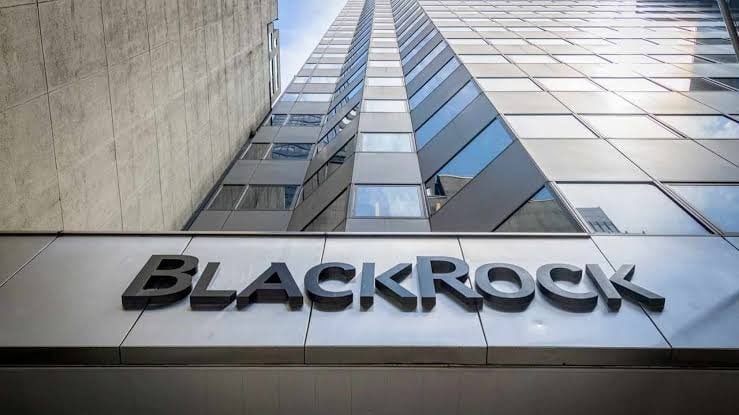BlackRock to Sell $114 Billion of Defunct Bank Securities – The world’s biggest asset manager, BlackRock, is working with the U.S. government to dispose of securities valued in the billions of dollars, which are linked to American banks that collapsed last month. The planned sale amounts to $114 billion, which comprises $27 billion in securities from Signature Bank and $87 billion from Silicon Valley Bank (SVB).
After depositors ran on both Signature Bank and Silicon Valley Bank (SVB) in March, the Federal Deposit Insurance Corporation (FDIC) put them into receivership. More than three weeks after this action, the FDIC declared the sale of these banks on Wednesday. The agency explained; “The securities are primarily comprised of Agency Mortgage Backed Securities, Collateralized Mortgage Obligations, and Commercial Mortgage Backed Securities.”
People Also Read: Swiss Government-Owned Bank PostFinance to Offer Customers Crypto
To ensure that daily liquidity and trading conditions are not affected, the FDIC selected BlackRock to organize the sale in a gradual and orderly manner. The objective of this sale is to avoid any disruption to the market. BlackRock has been hired by federal regulators for assistance on previous occasions.
In the aftermath of the 2008 financial crisis, the Federal Reserve and FDIC engaged the company to oversee $130 billion of distressed assets that were previously owned by Bear Stearns and American International Group. Furthermore, at the beginning of the COVID-19 pandemic in 2020, the central bank called on BlackRock to manage specific debt-buying initiatives to help stabilize the economy.
With $10 trillion in assets under management, BlackRock is larger than its competitors, including Vanguard Group ($7.2 trillion) and Fidelity Investments ($4.5 trillion). Both BlackRock and Fidelity have some involvement with Bitcoin, with BlackRock partnering with Coinbase to launch a Bitcoin trust fund, and Fidelity enabling investors to include Bitcoin in their retirement 401(k) plans.
The CEO of BlackRock, Larry Fink, has proposed that blockchain tokenization may lead to a more efficient payment system, but only if it is adequately regulated. Even though the government refrained from labeling it as a “bailout,” all depositors in Silicon Valley Bank and Signature Bank were completely protected after both banks were compelled to shut down last month.
People Also Read: First Citizens to Acquire Failed Silicon Valley Bank
Unlike in 2008, the cost of the bailout was structured in such a way that taxpayers wouldn’t bear the majority of the expense. Investor concern mounted after Silicon Valley Bank confirmed a $2 billion realized loss from selling off its bond portfolio, sparking worries about the firm’s solvency. This anxiety quickly spread to other banks, eventually impacting European banks and causing damage to the financial giant Credit Suisse.




